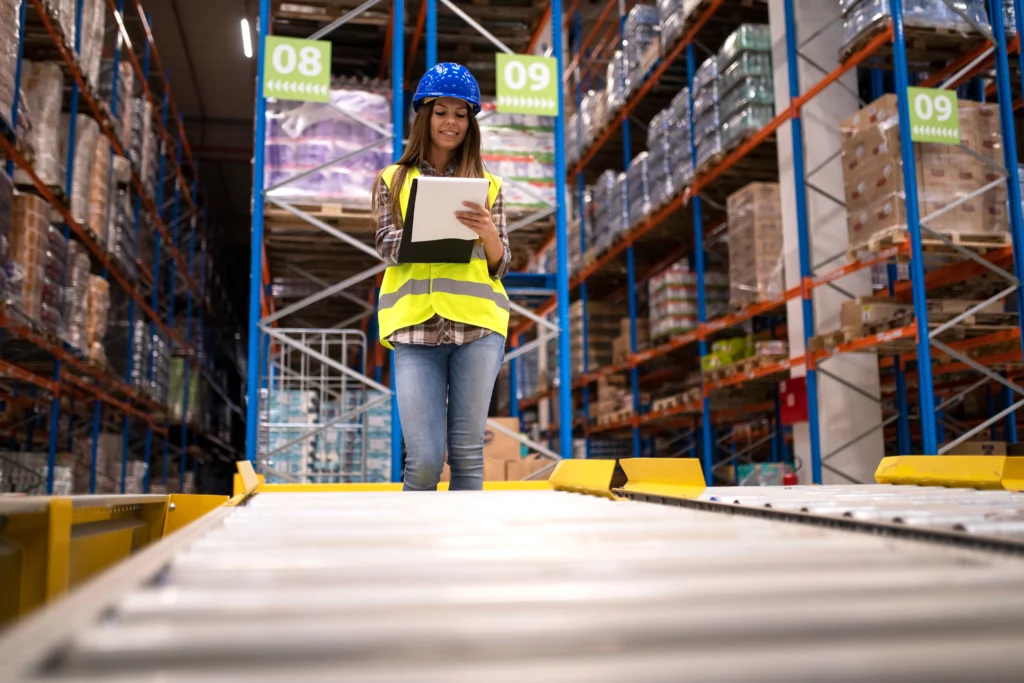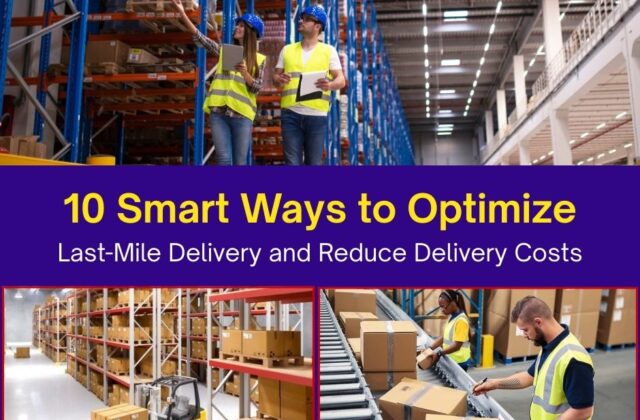Ecommerce Fulfillment

E-commerce That Are Driving B2B Success.
In a world increasingly defined by digital convenience and automation, B2B commerce is undergoing a profound transformation. What was once a world of in-person meetings, manual purchase orders, and lengthy sales cycles is rapidly evolving into a streamlined, data-driven ecosystem — and at the heart of this evolution is e-commerce.
While B2C has long dominated the digital spotlight, the B2B sector is now experiencing its own e-commerce revolution, unlocking new levels of efficiency, scalability, and global reach. Here’s how e-commerce is fueling the next wave of B2B growth.
The Role of E-commerce in Business Expansion -
India’s e-commerce industry, which has consistently been on an upward trajectory for the last few years, witnessed phenomenal growth during the Covid-19 pandemic. Due to the pandemic-induced disruptions and restrictions on movements amid several lockdowns across the country, the Covid-19 crisis accelerated the expansion of e-commerce towards new players, new consumers, and a shift in transactions from luxury goods and services to everyday necessities.
24/7 Accessibility and Global Reach
Unlike traditional sales models limited by time zones, business hours, and physical presence, e-commerce platforms allow B2B companies to operate 24/7. Buyers can place orders, review inventory, and access support — all without needing a sales rep.
This always-on accessibility enables global expansion, allowing even mid-sized B2B companies to tap into international markets, serve diverse customer bases, and compete on a larger stage.
Personalization at Scale
E-commerce technology allows B2B businesses to offer highly personalized experiences to buyers — from dynamic pricing and product recommendations to account-specific catalogs. With AI and analytics, companies can track buyer behavior and preferences, delivering tailored experiences that foster loyalty and repeat purchases.
Streamlined Procurement and Faster Sales Cycles
Through integrated digital catalogs, real-time inventory tracking, automated order approvals, and self-service portals, B2B e-commerce drastically reduces friction in the buying process. Procurement teams can find products quickly, compare options, and make informed decisions — without manual quotes or back-and-forth emails.
Data-Driven Decision Making
E-commerce platforms generate a wealth of data — from customer behavior and purchasing trends to product performance and sales analytics. B2B businesses can leverage this data to make smarter decisions on inventory management, marketing strategies, and product development.
Lower Operational Costs
Automating key parts of the sales process (like order entry, invoicing, and payment processing) significantly reduces overhead costs. Fewer manual errors, less paperwork, and reduced reliance on large sales teams contribute to leaner, more efficient operations.
Seamless Integration with ERP and CRM Systems
Modern e-commerce solutions integrate easily with ERP (Enterprise Resource Planning) and CRM (Customer Relationship Management) platforms. This creates a unified system that keeps data synced, enhances visibility, and enables smoother workflows between departments.
Meeting Buyer Expectations in a Digital-First World
Today’s B2B buyers are increasingly digital natives. They expect the same ease of use, speed, and transparency they experience in B2C. By embracing e-commerce, B2B companies can meet — and exceed — these expectations, positioning themselves as modern, customer-centric partners.
Future of e-commerce in India -
India’s e-commerce market is poised to grow exponentially in the next few years. According to the estimates of , the industry is expected to touch US$ 188 billion by 2025 from US$ 46.2 billion as of 2020. This will not just drive the demand for having an effective supply chain management mechanism but it will also reduce fragmentation in the market with companies actively merging and consolidating to get the benefits of economies of scale.
E-commerce is no longer optional in the B2B space — it’s a strategic growth driver. As more businesses recognize the value of digital transformation, those who invest early and wisely in e-commerce infrastructure will be best positioned to lead their industries.
The next wave of B2B growth is digital, and it’s already underway. The question is: Is your business ready to ride it?
At Robin Enterprises Warehouse and Logistics, we specialize in helping eCommerce businesses optimize their operations—from inventory to fulfillment—so you can focus on growing your brand, efficiency, and long-term success in the digital age.
Your Trusted Warehousing Partner !
Related Posts
10 Smart Ways to Optimize Last-Mile Delivery and Reduce Delivery Costs
Ecommerce Fulfillment January 18, 2026 Robin Enterprises Trusted E-Commerce Fulfillment Services in Bhiwandi. Last-mile delivery is widely recognized as the most expensive, time-consuming, and operationally…

